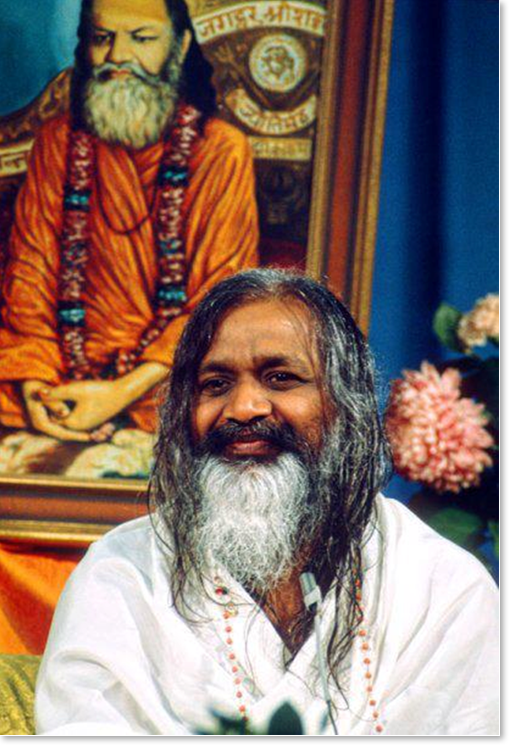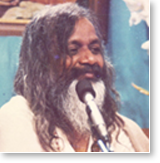 In 1973, the legendary NBC news anchor Edwin Newman interviewed Maharishi Mahesh Yogi for the critically-acclaimed program, “Speaking Freely.” Here are excerpted transcripts from that 30-minute show.
In 1973, the legendary NBC news anchor Edwin Newman interviewed Maharishi Mahesh Yogi for the critically-acclaimed program, “Speaking Freely.” Here are excerpted transcripts from that 30-minute show.
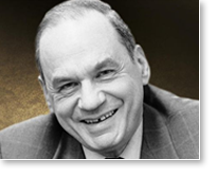
Edwin Newman: Maharishi, your movement has caught on pretty well in the United States. And the United States is often described the most materialistic country of all. Why do you think your movement has prospered as it has in the United States?
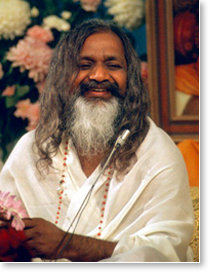
Maharishi Mahesh Yogi: I think the reason is that this is the most creative country in the world. The people of the most creative country alone can evaluate the knowledge of creativity. So the appreciation for the Science of the Creative Intelligence (the science of consciousness) is most here—and then in Germany. These are the two most scientifically and technologically advanced countries and this is why the movement has grown more rapidly in these two countries.
Mr. Newman: But do you take it to be a revolution against technological advance?
Maharishi: No, it’s the enrichment of technological advance. Technology brings comfort from outside. Transcendental Meditation and the Science of Creative Intelligence improve the comfort from inside—and this is so complimentary to the technological advancement that the man will feel fulfilled.
Mr. Newman: But do you concede that there are other reasons? You mentioned Germany, West Germany I suppose, and you said the countries that have done the best are the US and Germany. These are advanced countries as you say and they are also countries that allow a great time for leisure. Does that have anything to do with it?
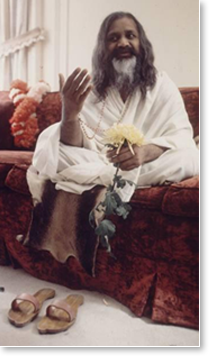
Maharishi: Not that, I think. Time of leisure is because one works a short time and produces greater wealth. So that leisure is the reward of success in a short time. People don’t meditate because they have time. Those who don’t have time, those successful people who have less time, are the ones who tend to meditate more. Because if you have a lot of time then people may afford not to meditate. But those with responsibilities and pressures of duties upon which success depends, they need to have their inner tranquility developed. And they need to have their full mental potential at work, so it is these people who otherwise have less time make the time to meditate twice a day.
Mr. Newman: You do not interpret the devotion that many Americans appear to have to Transcendental Meditation as an expression of dissatisfaction with the kind of lives they were leading?
Maharishi: It’s the other way; I think it’s the expression of satisfaction that this practice brings.
Mr. Newman: I wasn’t talking about what the practice brought; I was talking about what brought those people to the practice! (Laughter) Was it the dissatisfaction of the kind of lives they were leading that brought them to Transcendental Meditation?
Maharishi: No. I would say the realization of the present value of life. It’s very well known in psychology that it says one uses a small portion of the mind, and when a creative person hears that “I’m using only a small portion of my mind” immediately he starts to look around, is there any way to use the full potential? And when people hear in the introductory lectures on Transcendental Meditation that there is a way whereby one could use the full potential, then they try it. And in trying they feel that it’s a good method, the right method. It’s believable and then they continue. So it’s the acknowledgment of realization of the present situation and the vision of possibility, of greater achievement, greater fulfillment. This is what generally gets people to start Transcendental Meditation.




